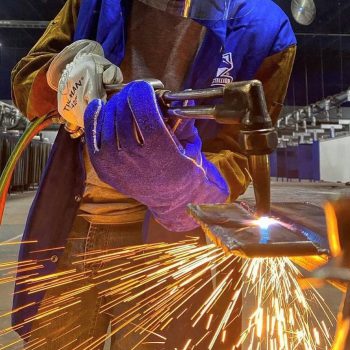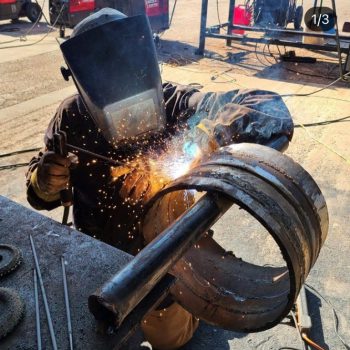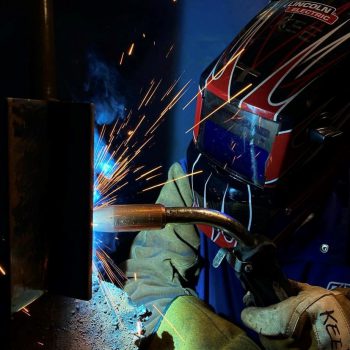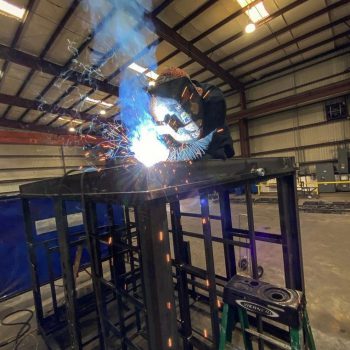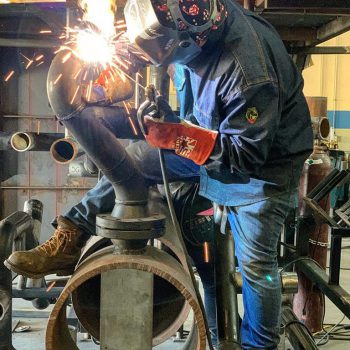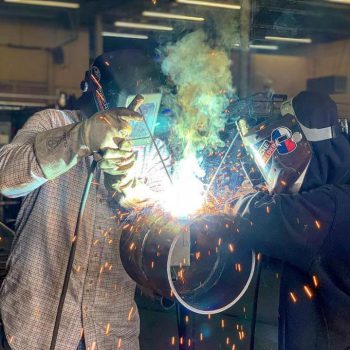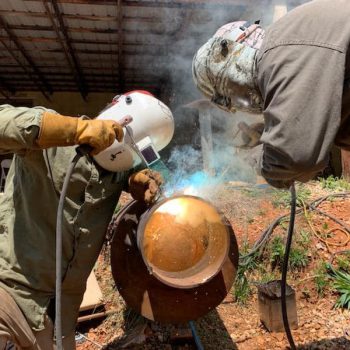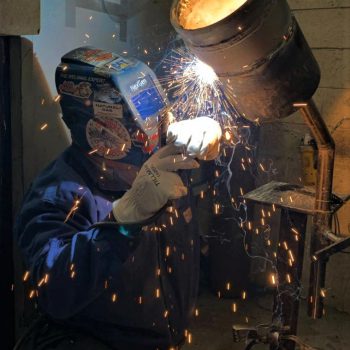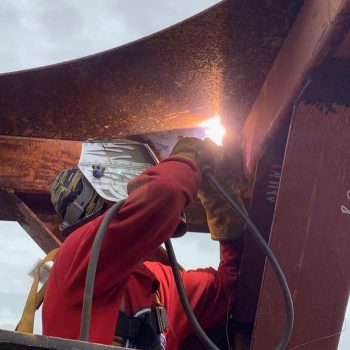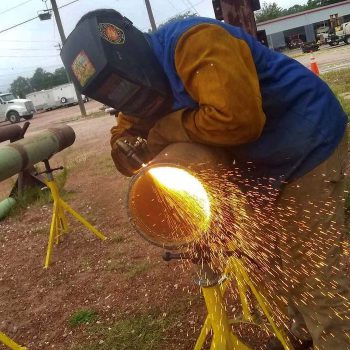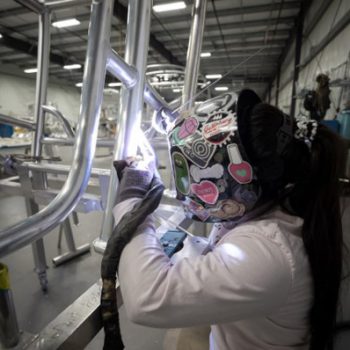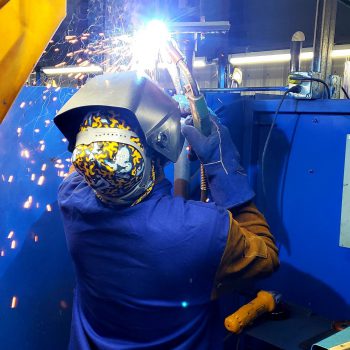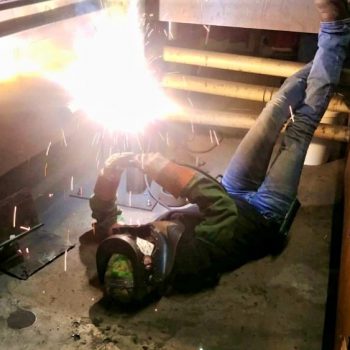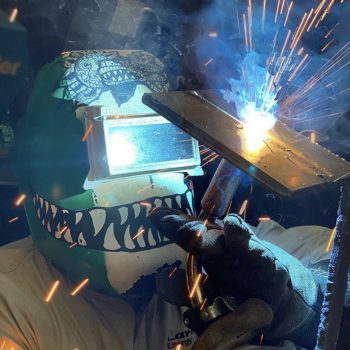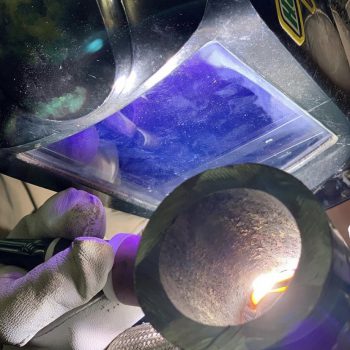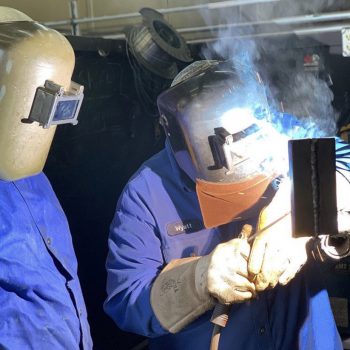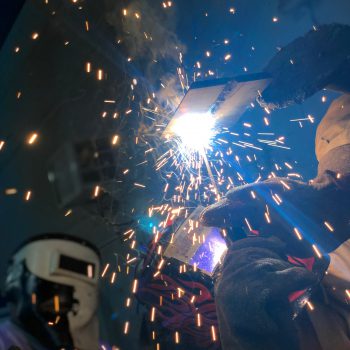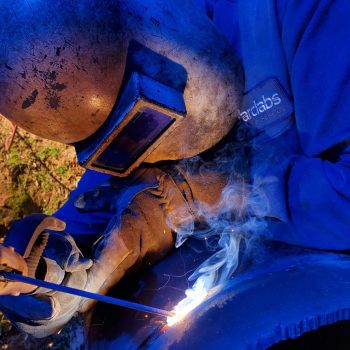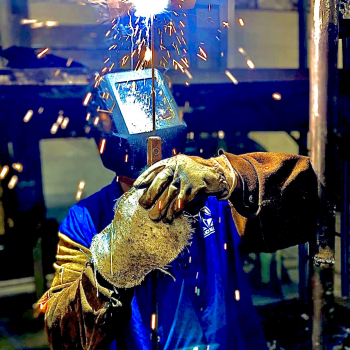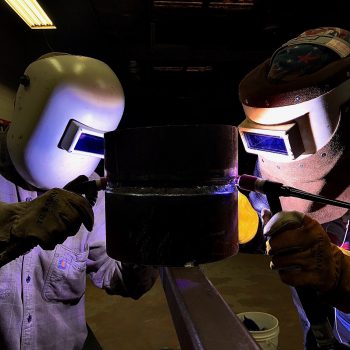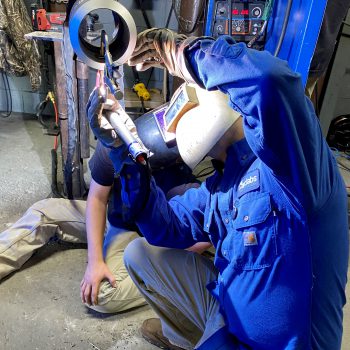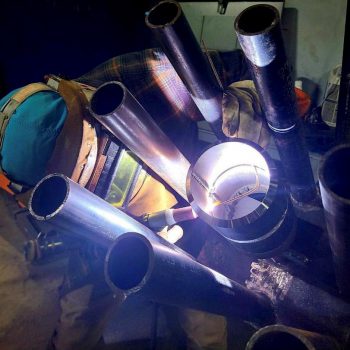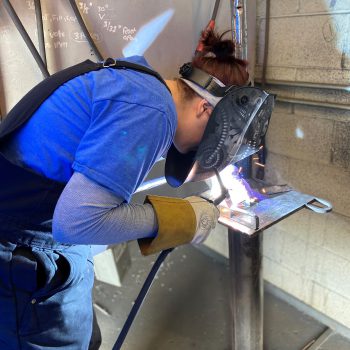Welding offers many opportunities to grow in a variety of occupations. As welding becomes more automated in the coming years, there will be a need for specialized professionals in the welding industry. Arclabs Welding School provides the training and tools needed to jumpstart your career and qualify for other specialized training. So, what kinds of welding jobs are available?
Ironworkers
Ironworkers need to be able to weld a variety of forms from bridges to skyscrapers, sports stadiums to cranes, and everything in between. There are three types of ironworking: reinforcing, structural and ornamental. All of them need experts in welding.
Robotic Welding Technicians
This highly in-demand job requires people to set up, maintain, and supervise robotic welders. Increased automation in the welding industry will lead to more of these jobs, and operations can include programming robots or implementing robotic welding in a manufacturing plant.
Welding Sales Representatives
These representatives primarily inform potential customers in the manufacturing sector about new developments in welding that can improve a business’s productivity. They also offer technical support and essential advice on how to properly apply different welding techniques.
Welding Technicians
Becoming a welding technician can give you more professional liberties. Technicians use their expertise to assist welding engineers with developing and applying welding techniques and equipment. They also ensure that all welding jobs are performed up to local building codes.
Welding Educators
Educators can work at welding schools or even set up their own based on their expertise. They teach aspiring students the theories and practices of welding, and they can help people specialize in everything from inspections to metallurgy.
Welding Engineers
Welding Engineers use their expertise of all things welding, physics, engineering, and metallurgy to plan and coordinate various welding projects. Their skills are necessary for ensuring that building projects are not only up to code but correspond with the project plans and contract. This is another occupation that lets you be your own boss.
Welding Research Scientists
Welding careers can include research into new types of welding. These scientists work with unique metal alloys and discover new solutions to old welding problems. They work in a lab environment with all the equipment that they need.
Begin Your Career as a Welder
Do these career paths sound interesting? Are you ready to begin a career as a welder? Contact Arclabs Welding School today at 877-647-4111 for more information on our welding programs and becoming a certified welder today!
More on career options for welders
[wpu_silo links=’35’]
 877-647-4111
877-647-4111
